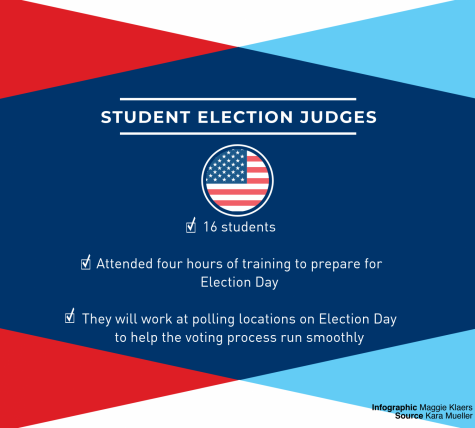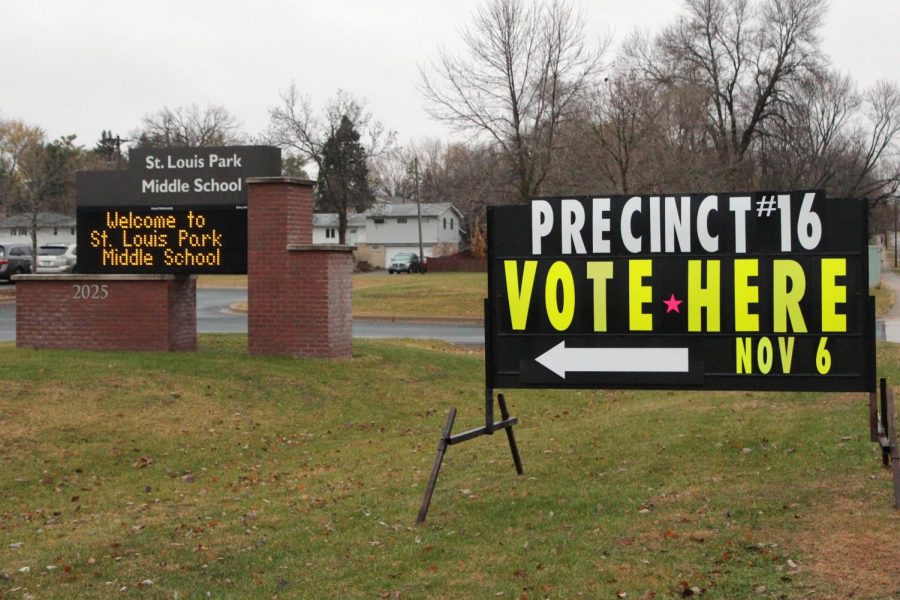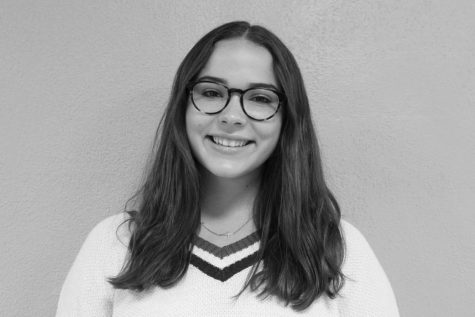Polling stations prepare for election day
Students get involved through student election judge program
Several St. Louis Park students attended multiple training sessions to become student election judges. These students will help run polling stations on election day Nov. 6.
November 5, 2018
Student election judge, junior Yoni Potter, said the student election judge program is an opportunity for Park students over the age of 16 to work at the city’s polling stations.
“The election judge program is where people in St. Louis Park get to participate in the elections by overseeing what goes on at the precinct polling stations. They also have students who are over 16 who can be trainee election judges, and they can help at the polling stations.”
Kara Mueller, the school’s career and college coordinator, said she has been collaborating with the city’s election office to find students to work as student election judges at polling places on Election Day.
“We worked with the city’s election office to increase the number of student election judges working for local polling places on Election Day,” Mueller said. “The effort was part of a large pilot program designed to increase the number of student election judges statewide for the next several years.”
According to student election judge senior Yonah Davis, the students need to attend training sessions on how to use the polling system.
“There (are) two trainings all election judges need to go through, one is a forms and procedures training, and one is a technology training,” Davis said. “The technology training involved learning how to use the system they’ll be using on Election Day to help look people up and get them signed in when they come into the polling place, and also get people registered when they come as new voters.”
 Mueller said the students will also be trained to help accommodate voters with sensory disabilities.
Mueller said the students will also be trained to help accommodate voters with sensory disabilities.
“They get trained on the equipment that you scan your paper ballot through as well as the equipment that helps people with visual or hearing disabilities, like expanding the screen so the person voting can see a bigger screen,” Mueller said.
Mueller said the students will get paid for working as a student election judge.
“They get paid for training and the day they work. They had to commit to four hours of training, two hours on each of the topics,” Mueller said.
According to Mueller, the students were able to decide which hours they will work on Election Day.
“On Election Day they could choose hours to work,” Mueller said. “The hours they could choose from were all day, from 6 a.m. to 10 p.m., or they could work for part of the day, either from 6:30 in the morning until 2 p.m., or from 1:30 until 10 p.m.”
Davis said he signed up to be a student election judge because he was not eligible to vote this year, but wanted to stay involved in the election.
“One of the reasons I really wanted to do this was that I just missed the cut off to be able to vote in this election, and so I really wanted a way to be involved in this election, even if I wouldn’t be able to vote myself, so I thought this would be a really great way to do it,” Davis said.
Potter said he is looking forward to contributing to the voting process and helping people use their voices in this election.
“I’m excited that I get to be part of the process of the democracy and I get to help people make a difference by voting,” Potter said.




